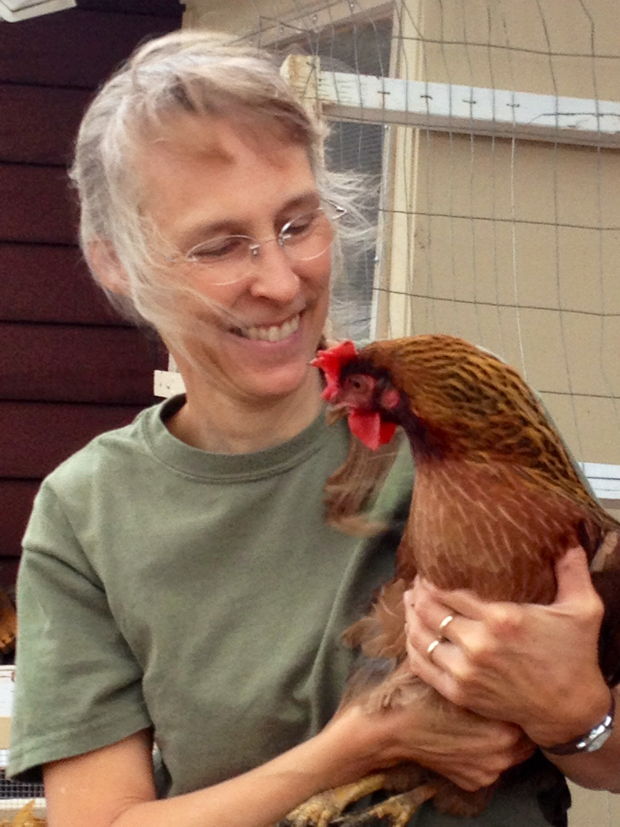As I drive to this week’s meeting of the grad women’s group sponsored by our campus-oriented congregation at the University of Wisconsin, the usual musings fill my mind. Why am I involved in this weekly gathering? What can I possibly offer to the young women who attend? Do we have anything in common? Aside from my long-term but somewhat chance association with a campus church, my life does not intersect with academia. I don’t have an advanced degree. Except for church-related activities, I rarely set foot on campus in the course of a week. I don’t attend lectures or even read sophisticated books. Most of my adult life I’ve been a mother and homemaker. Frankly, I’m mystified that our group of about a dozen graduate student women would have any interest in me. The things that challenge me (adjusting to recent widowhood and helping my young adult children become established), the things that delight me (grandchildren, county fairs, and bargains at the grocery store), even my hobbies (gardening and caring for my little flock of city chickens) must seem mundane and homely compared to the realities of life as a graduate student or post doc.

So it is with some reluctance — even embarrassment — that I meet with these students each Tuesday morning. We start early, with breakfast and a cup of coffee. “We” includes three women in our fifties, plus whatever grad students can make it; most weeks there are eight to twelve of us. After most have arrived, someone — usually one of us older women — reads a passage of Scripture or a short meditation from a Christian writer, modern or ancient.
After a reading about peace and trust during challenging times, a stressed doctoral student responded, “I don’t think that works when you’re in grad school.” Such comments open conversations in which we share honestly, confess our fears and weaknesses, challenge one another, offer mutual support and assurances of God’s faithfulness, and pray for each other. Students advise each other with the wisdom they’ve gained in similar situations. Whether it’s a difficult advisor, a challenging relationship, overwhelming stress, lab partners who scoff at faith, or an annoying roommate, someone in the group has been there and learned from her experience.
Sometimes the conversation sounds like small talk. We chat about knitting, books, or building a chicken coop. But at some point in each meeting, we have a more structured time in which each person shares the joys or frustrations of her week and the challenges she currently faces. We give updates on concerns shared in past weeks. We pray for each other. As the weeks go by and trust builds, this meeting becomes an oasis of comfort and strengthening in the middle of each demanding week, a sanctuary where it’s safe to share burdens, frustrations, and fears.
The things that fill the lives of these young women — qualifying exams, doctoral theses, conferences, networking, interviewing — are very different from the concerns of my own life. These are among the brightest women in our society, motivated, expectant, on the cusp of their careers. By comparison, I am average and my world is small. Yet, for ninety minutes each week, we connect in the mysteries of friendship and mutual support — and above that, in the bond that makes us sisters in Jesus Christ. We part refreshed and encouraged. We may take with us the gift of an offhand comment, an idea, or a meditation we can think about and apply to our own lives. Some of us will carry such nuggets far from our campus meeting place, to workplaces and campuses in other states and countries. As for me, I take them to the chicken yard and cherish their meaning — and the joy of our friendships — while giving the hens their scratch feed.
What could you do to support the graduate student women in your life?